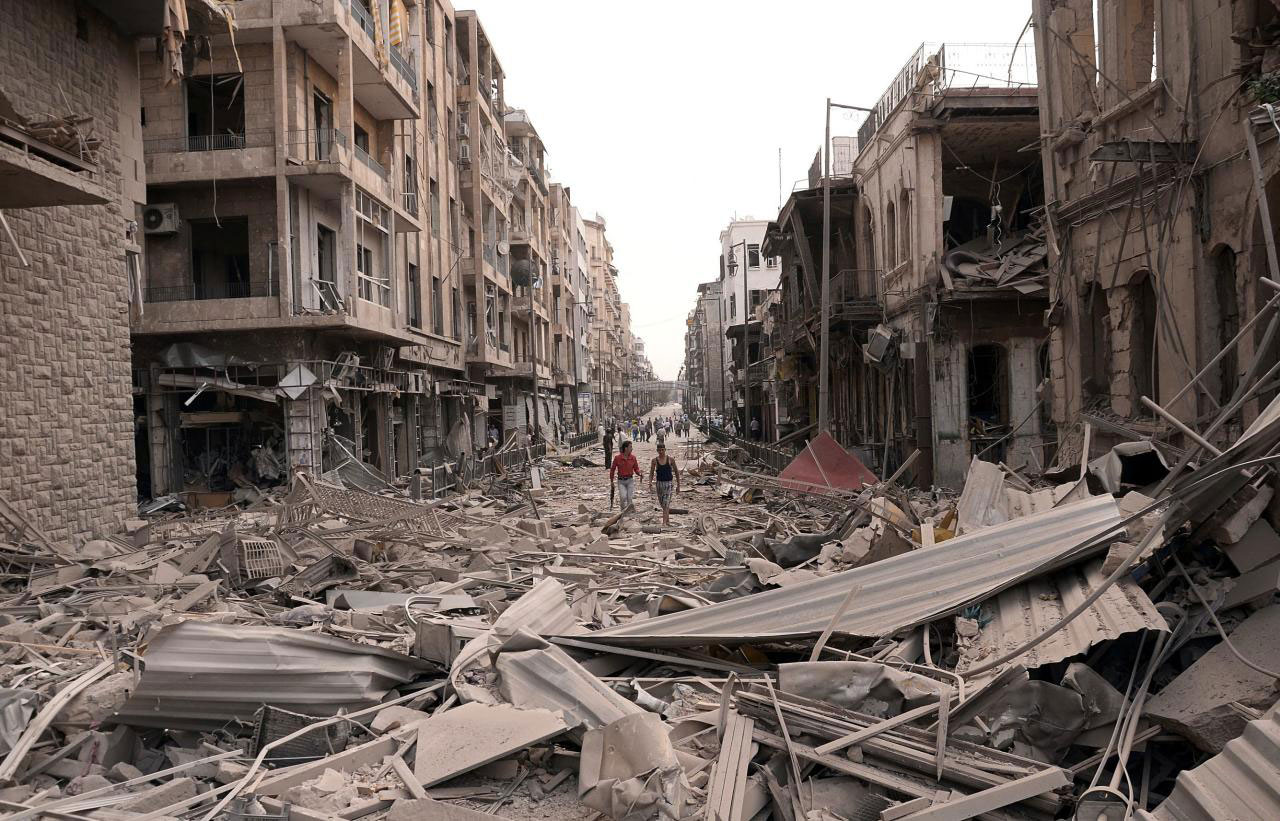
By Mohamed Khairat, Founder, EgyptianStreets.com
On the 19th of March 2003, four bombs accompanied by dozens of missiles were dropped onto Iraq, officially commencing an invasion that would leave at least 110,600 Iraqi men, women and children dead due to violence that continued to rock the country since 2003.
The point of the invasion was to achieve regime change. Since coming to office in 1979, Saddam Hussein was often found responsible for the deaths of at least 250,000 Iraqis and fore widespread violations of human rights.
Yet, foreign military intervention in Iraq was not given the green light because of Saddam Hussein’s involvement in the Al-Anfal campaign (also known as the Kurdish genocide) that lasted for three years, destroying thousands of villages and killing tens of thousands. The world did not advocate for regime change for the deluded leader who had commissioned the publication of the Qur’an to be written in his own blood. Nor did the international community react strongly when chemical gas was dropped on Halajba in 1988 killing thousands.
Instead, it was claims that Saddam Hussein’s government had been developing weapons of mass destruction that finally pushed the United States of America, the United Kingdom, Australia and others to support the invasion of Iraq.
With full confidence, the UK’s Prime Minister at the time, Tony Blair, declared “Regime change in Iraq would be a wonderful thing. That is not the purpose of our action; our purpose is to disarm Iraq of weapons of mass destruction.” For the UK and others, killing hundreds of thousands of innocent civilians and torturing countless others was tolerable, but it is at ‘weapons of mass destruction’ that they drew the line.
As the world came to see in the weeks following the invasion, these ‘weapons of mass destruction’ did not exist. There was not a single piece of evidence to imply that they did. Yet, what did exist were the horror stories of children that had lost their fathers and mothers that had lost their daughters during 23-years of a bloody dictatorship.
Today, in 2013, the international community is no different. More than 100,000 Syrians have been killed in violence that has rocked the country ever since protests erupted aimed at overthrowing Bashar Al-Assad.
The USA’s Secretary of State John Kerry stated “Let me be clear. The indiscriminate slaughter of civilians, the killing of women and children and innocent bystanders by chemical weapons is a moral obscenity.”
100,000 Syrians had been killed, before John Kerry decided to watch “videos on social media” of the atrocities that occurred after an alleged sarin gas attack on Ghouta earlier this week. Chemical weapons attract the attention of the USA, the UK, Turkey and others; but indiscriminately shooting or blowing up 100,000 Syrians does not warrant the same condemnations or the same threats of intervention.
Complicating matters, reports have indicated that both the rebels and the Assad regime have used chemical weapons, showing that Syria is more complex than the white-and-black approach certain countries are taking.
In the coming days or weeks, it is likely that bombs will be dropped on Damascus aimed at stopping the use of chemical weapons by the Assad regime. It is also likely that the reasons for finally intervening in Syria will be scrutinized and written in history as another failure of the international community to act.





Comments (7)
Reblogged this on Ned Hamson Second Line View of the News.
[…] via Syrian Crisis: Stories Not Learned from Iraq | Egyptian Streets شوارع مصر. […]